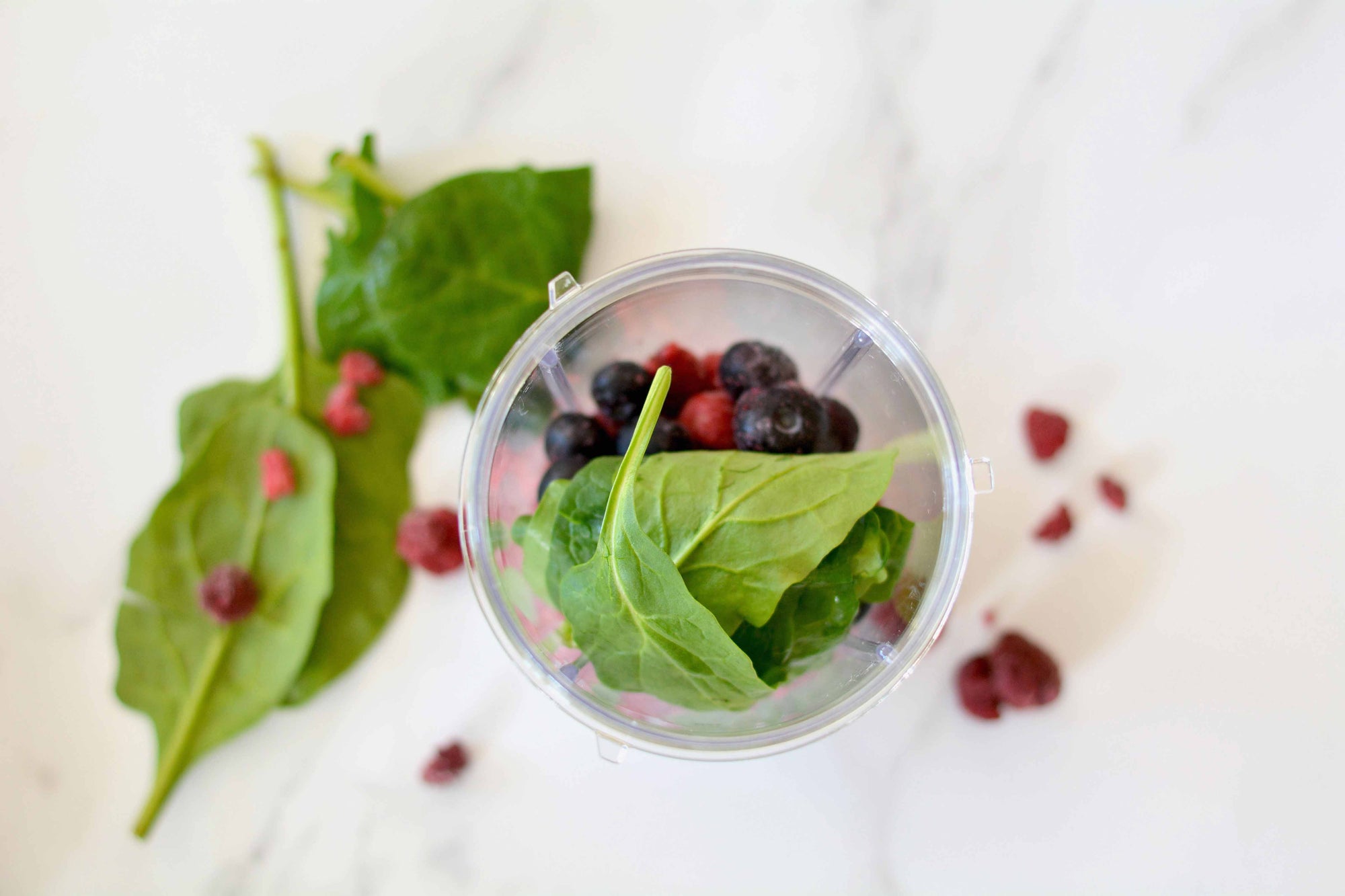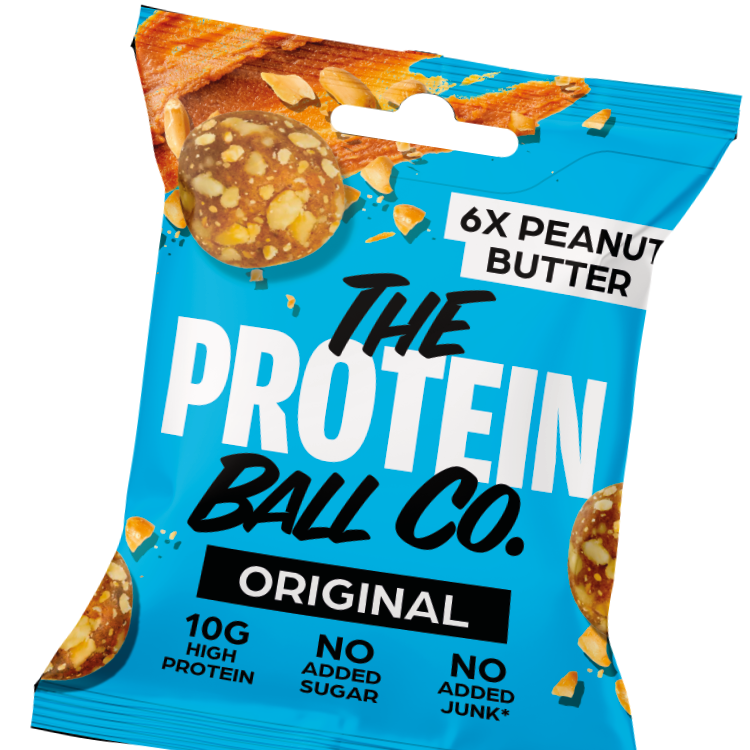

What Is A Balanced Diet?
A balanced diet is an essential part of a healthy lifestyle. It typically includes nutrient-dense foods from all major food groups including protein, whole grains, fats, fruits & veg. It can also mean replacing foods that contain trans fats, added salt and refined sugar with more nutritious options.
A healthful diet can assist in building strong bones, improving heart health, strengthening the immune system and boosting your mood. You can read more on the UK Eatwell Guide on the NHS website here.

Let’s take a deeper delve into the food groups included in a well-balanced diet…
Fruits and Vegetables
Diets high in fruit and veggies can help boost your immune system, keeping it in tip-top condition. We all know that it’s advised we get at least 5 pieces of fruit and vegetables a day - these provide a range of essential nutrients and fibre.
Starchy Foods
Also known to most of us as carbs, starchy foods include things like bread, pasta, rice and grains. Over the years, carbs have had a bit of bad press, but we’re here to tell you you DO need them in your diet, as they contain essential vitamins and minerals including iron, calcium and vitamin B.
Healthy carb swaps include wholemeal bread, wholemeal pasta, wholegrain breakfast cereals, oats and potatoes.
Protein
It’s advised that we get our protein from a variety of sources, not just meat. Plant-based protein alternatives include beans, lentils, chickpeas and of course, our Protein Balls!
As well as meat being a great source of protein, it is also suggested we eat two portions of fish a week, including one oily. Both meat and fish can be part of a healthy diet, however, it’s advised not to eat too much red or processed meat.
Dairy
Dairy foods, including plant-based alternatives, are an important source of calcium as well as protein, iodine and Vitamin B.
Fats and Oils
There are many different types of fats and oils in most people's diets, however, we are advised that it’s a good idea to go for unsaturated fats and oils where we can as these are less harmful to the body than saturated fats.

